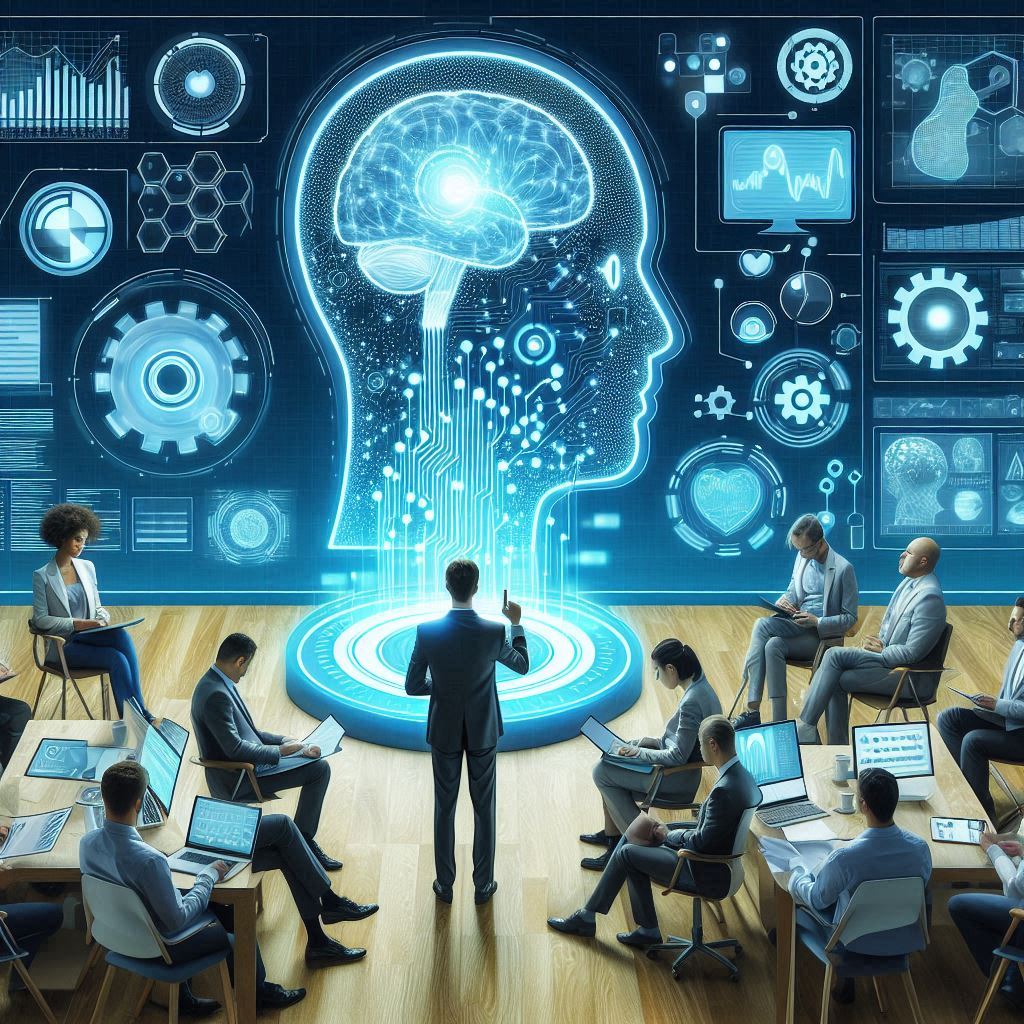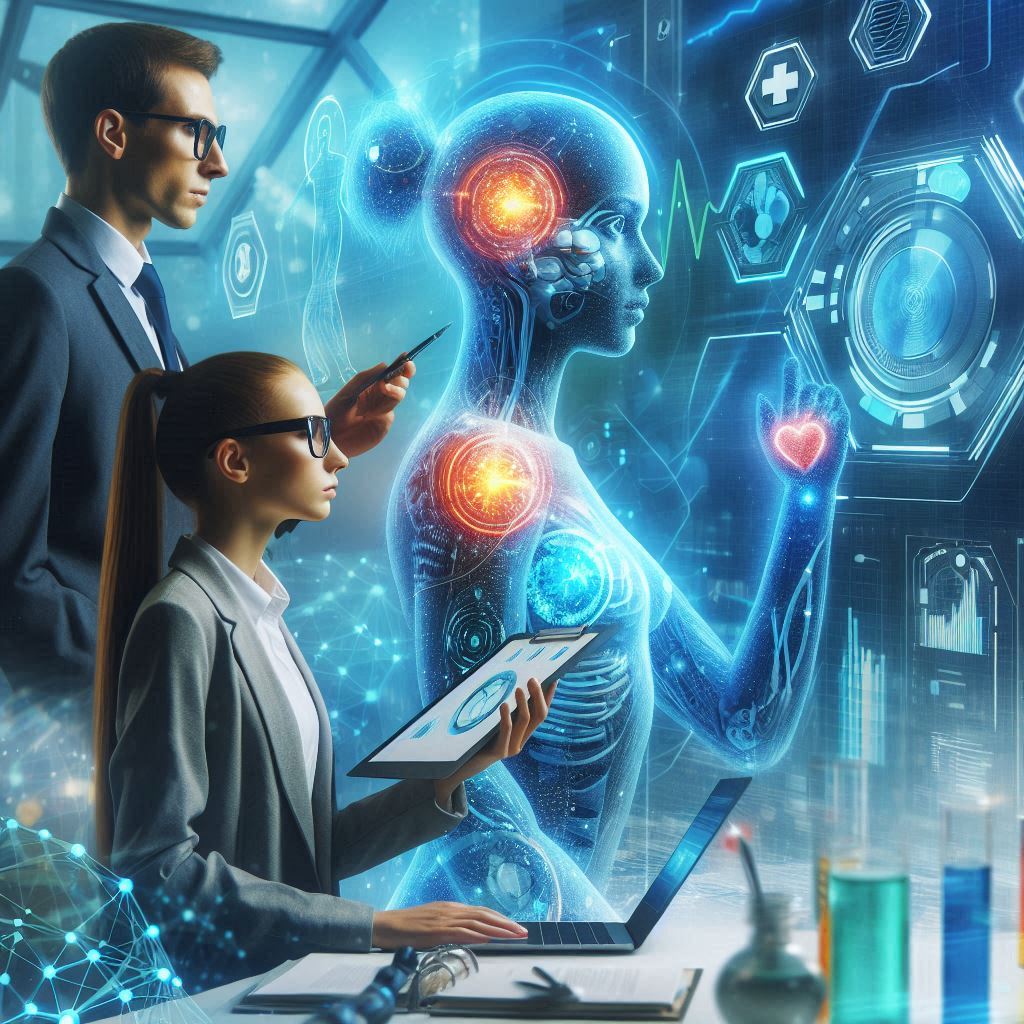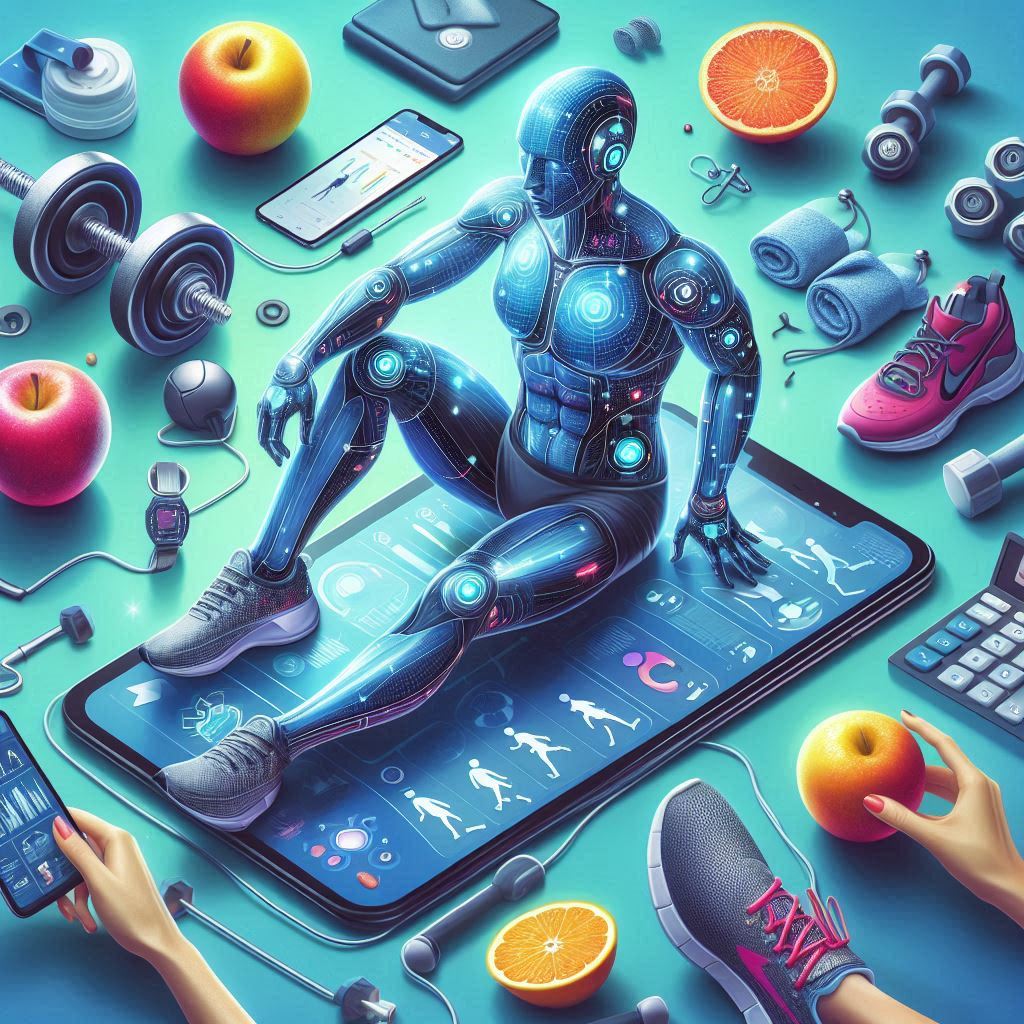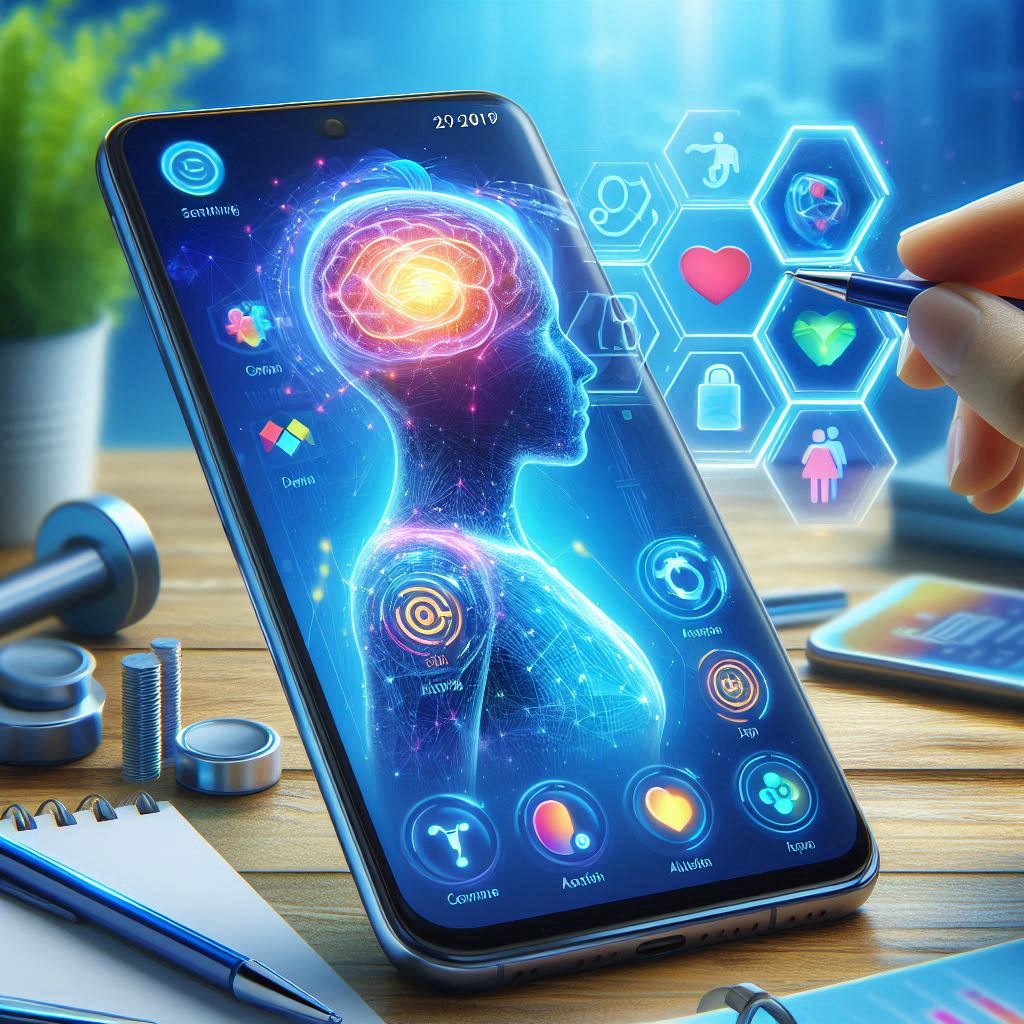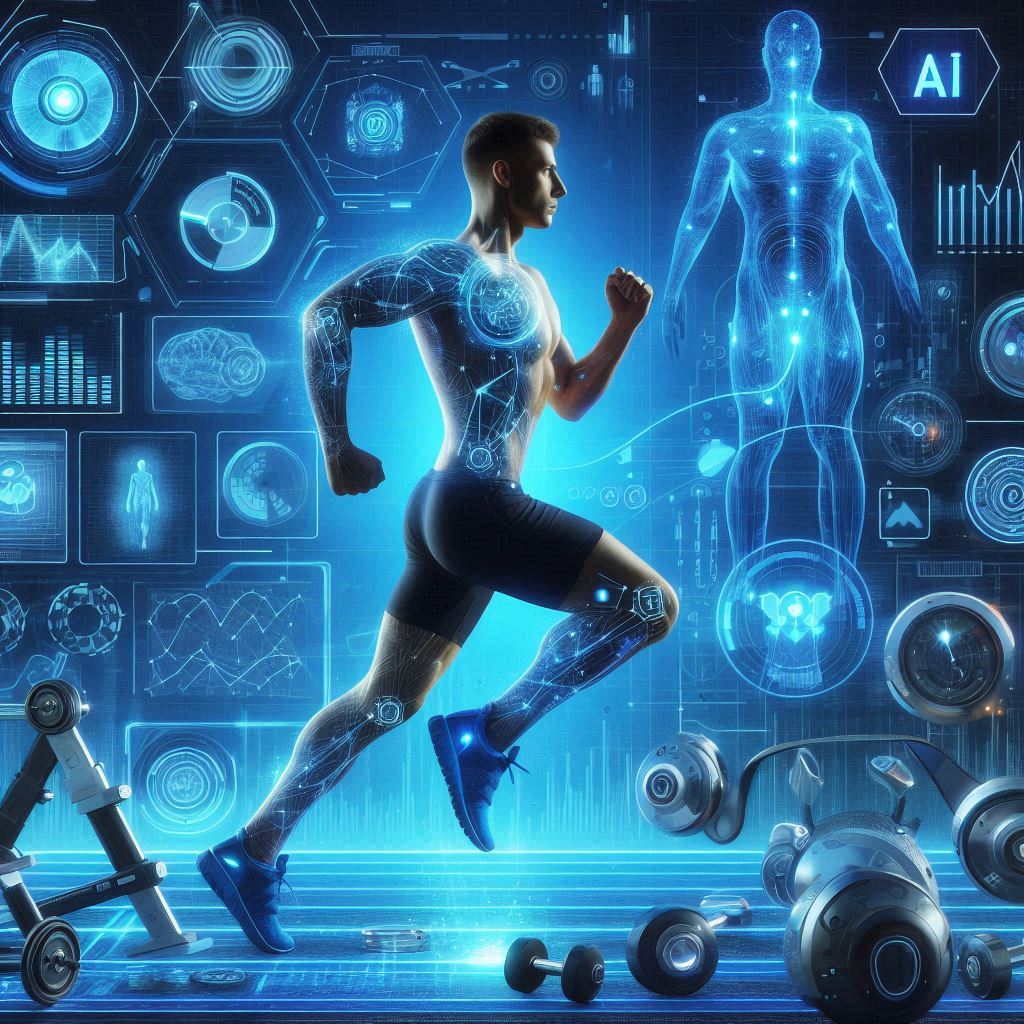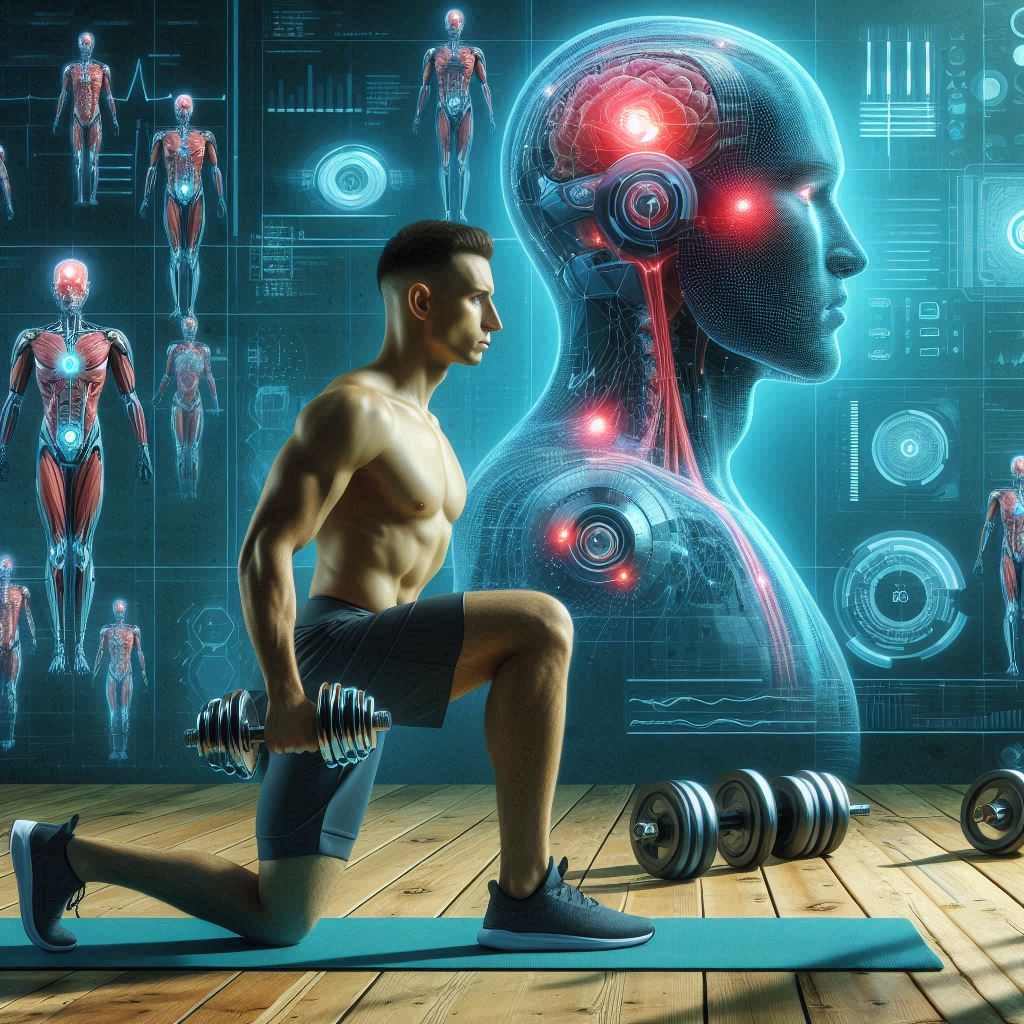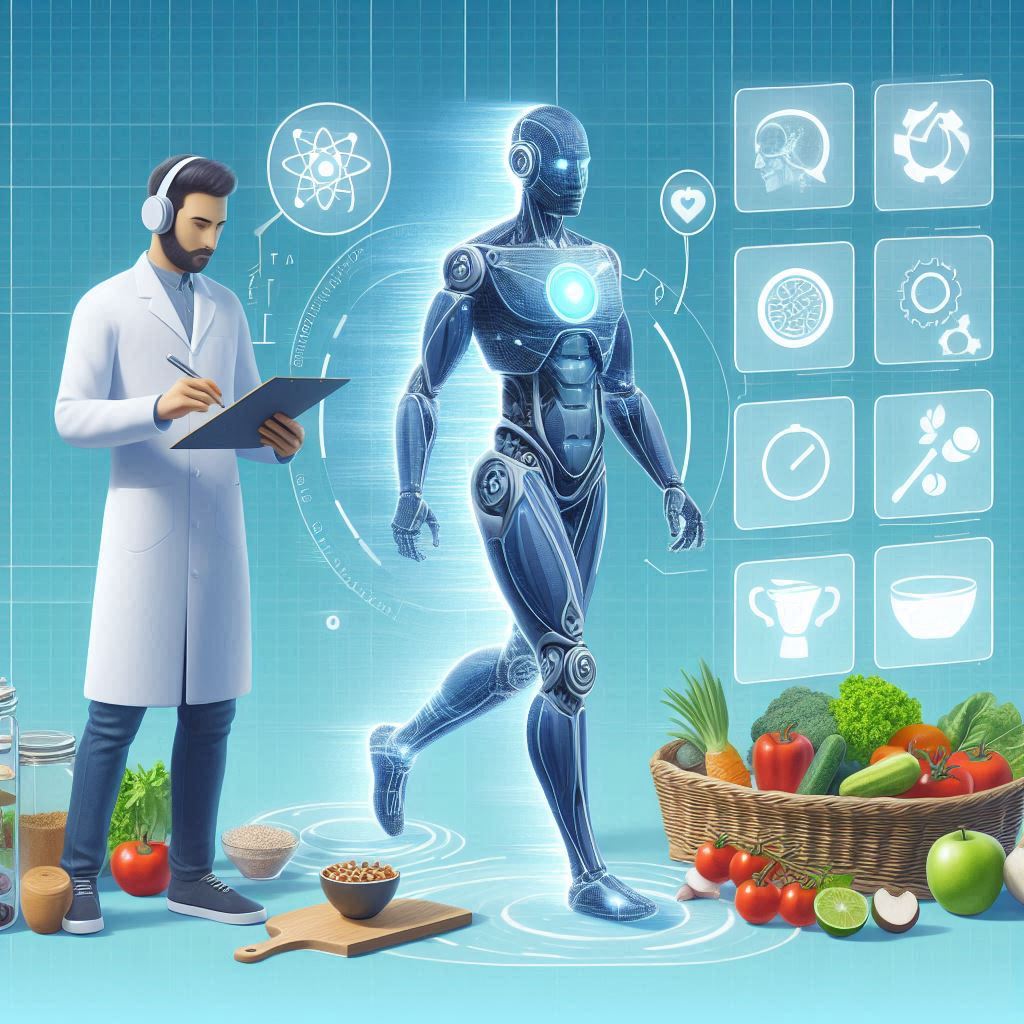Роль штучного інтелекту в прогнозуванні
Роль штучного інтелекту в прогнозному моніторингу здоров’я Інтеграція штучного інтелекту (ШІ) в охорону здоров’я революціонізувала наш підхід до медичної допомоги, особливо у сфері прогнозного моніторингу здоров’я. Використовуючи величезні обсяги даних, алгоритми штучного інтелекту можуть визначати закономірності та прогнозувати потенційні проблеми зі здоров’ям до того, як вони стануть критичними, таким чином забезпечуючи проактивне втручання та персоналізовані … Read more

